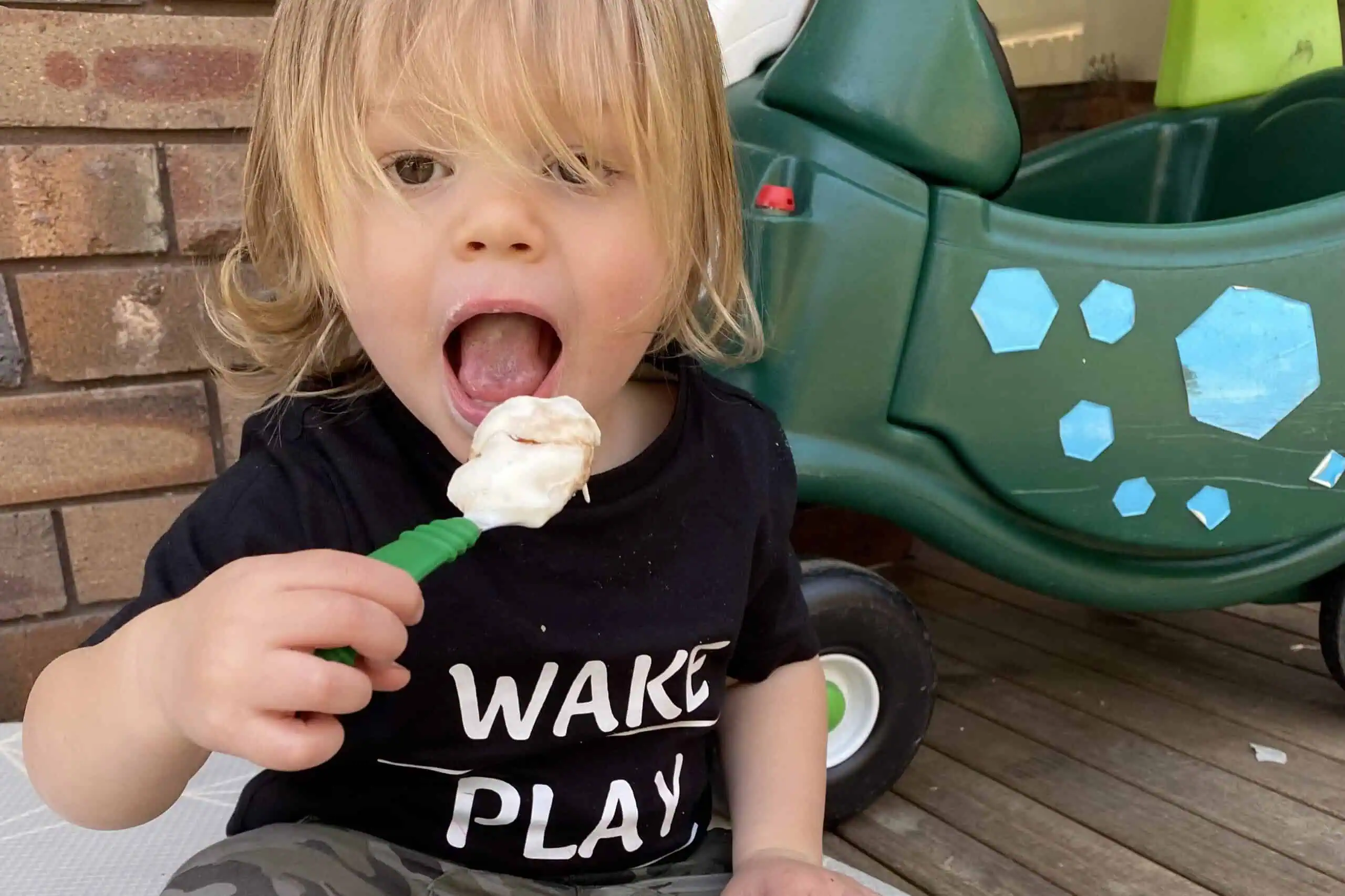Social media is full of quick-fix parenting hacks, but not all of them are backed by science—or even safe. One recent trend making the rounds suggests that feeding babies a spoonful of butter before bedtime can help them sleep through the night. Videos promoting this practice have gained millions of views on TikTok and Instagram, but paediatricians and sleep experts are raising red flags.
If you’ve come across this advice, here’s why you should think twice before trying it and what you should do instead to help your baby sleep better.
The Risks of Feeding Butter to Babies Before Bed
Butter may be a staple in many households, but it is not an appropriate sleep aid for infants. Here’s why:
- Poor Nutritional Impact
Butter is high in saturated fats and has no sleep-inducing properties. According to paediatric nutritionists, infants need balanced nutrition for proper development, not an excess of fats with little to no essential nutrients.
- Choking Hazard
Butter is soft, but a spoonful of it can still pose a choking risk, particularly for younger babies who are just starting solid foods. The American Academy of Paediatrics (AAP) advises parents to introduce appropriate solid foods in safe textures and sizes, avoiding anything that could cause a baby to choke.
- No Scientific Basis
There is no scientific evidence to support the claim that butter helps babies sleep. In fact, no food on its own can magically promotes sleep. Sleep is regulated by circadian rhythms and good sleep habits, not dietary fat intake.
- Potential Digestive Discomfort
Many babies have sensitive digestive systems and giving them a concentrated dose of fat before bed could lead to stomach discomfort, gas or even diarrhoea—none of which are conducive to a restful night’s sleep.
What Really Helps Babies Sleep?
Instead of following social media fads and trends, parents should focus on evidence-based sleep strategies. Here are some key practices that truly make a difference:
- Follow a Consistent Bedtime Routine
Establishing a predictable sequence of calming activities-bath, feed, books, bed-helps signal to your baby that it’s time to sleep.
- Create an Ideal Sleep Environment
Babies sleep best in a cool, dark, and quiet room. Blackout curtains, a comfortable sleeping bag or sack, and a white noise machine (used at a safe volume) can help create the perfect sleep setting.
- Encourage Self-Soothing Skills
Helping babies learn to fall asleep independently is the key to better sleep. This doesn’t mean letting them cry for hours but rather teaching them to settle themselves in a way that is appropriate for their age and temperament.
- Watch for Sleep Cues and Awake Windows
Signs of sleepiness—like rubbing eyes, yawning, or becoming fussy—indicate it’s time for bed. Putting babies down at the right time for them, helps them connect their sleep cycles more effectively.
- Feed at the Right Times
If your baby is waking frequently at night due to hunger, adjusting daytime feedings to ensure they get enough calories can help. But adding unnecessary fats before bedtime isn’t the answer.
Final Thoughts: Stick to Science, Not Social Media Trends
It’s tempting to try quick fixes, especially when you’re sleep-deprived, but not all advice circulating online is safe or effective. Feeding a baby butter before bed is not a proven sleep solution and may do more harm than good.
Instead, focus on tried-and-true sleep strategies that support healthy sleep habits. If you’re struggling with your baby’s sleep, consider reaching out to a certified Sleep Consultant for personalized guidance.
Sleep is essential—for both babies and parents—and the right approach makes all the difference.
Related Posts
16 August 2023
4 Sleep Tips To Improve Your Baby’s Sleep
16 August 2023
5 Common Myths About Baby’s Sleep
9 January 2025




